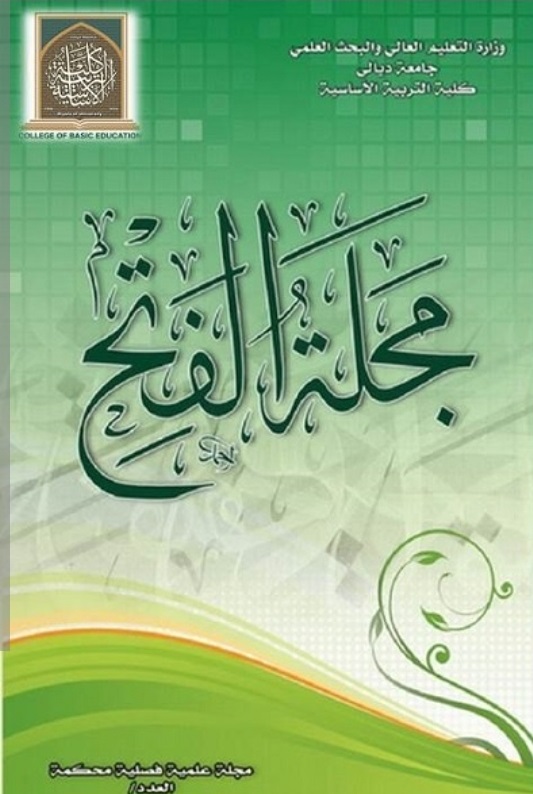The educational impact of mercy in the Holy Quran
Abstract
The aim of this research is to study the educational effect of mercy in the Holy Qur’an, and to clarify the meanings of this word, and to clarify aspects of divine mercy and the gifted mercy, may God’s prayers and peace be upon him. The Holy Qur’an and stand before the verses that mention mercy in its different expressions, and refer to the books of interpretation and language to extrapolate the meanings of mercy in the noble verses, and then extract the educational impact of mercy in the areas of: the individual, the family, society, humanity in general, and the educational field, and the results showed that the study of the verses of mercy is abundant in number And the breadth of its meanings leads to comfort, reassurance, and glad tidings to the heart, and it clearly shows that mercy is a basic feature of the Islamic religion, and it is a method, a means, and an end, that includes all creatures, and extends throughout this world and the Hereafter, and works to ward off distress, worry, despair, and sadness on behalf of man, and gives him hope and hope. With what God Almighty has of good and prosperity, and earns the conscience feelings of honor, highness and high status, and calls at the same time to work and charity in order to reach that highness and that high position, and therefore its effects are many as I looked and thought, and some of them can be realized by studying the verses, thinking about them, and looking at the universe , events, experiences and biographies, and they are clear to those who think and scrutinize the course of events, and are far from those who are preoccupied with trivial matters from the major ones, and it is not possible to enumerate its aspects because it encompasses everything, and it is a gift from God Almighty and bounty.
Downloads
Published
How to Cite
Issue
Section
License
Copyright (c) 2021 http://creativecommons.org/licenses/by/4.0

This work is licensed under a Creative Commons Attribution 4.0 International License.
حقوق النشر والترخيص
تطبق مجلة الفتح للبحوث التربوية والنفسية ترخيص CC BY (ترخيص Creative Commons Attribution 4.0 International). يسمح هذا الترخيص للمؤلفين بالاحتفاظ بملكية حقوق الطبع والنشر لأوراقهم. لكن هذا الترخيص يسمح لأي مستخدم بتنزيل المقالة وطباعتها واستخراجها وإعادة استخدامها وأرشفتها وتوزيعها ، طالما تم منح الائتمان المناسب للمؤلفين ومصدر العمل. يضمن الترخيص أن المقالة ستكون متاحة على نطاق واسع بقدر الإمكان وأن المقالة يمكن تضمينها في أي أرشيف علمي.
لمزيد من المعلومات، يرجى متابعة الرابط: https://creativecommons.org/licenses/by/4.0/.


